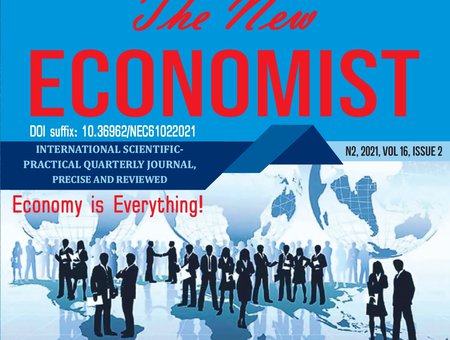The recent years witnessed the repeated urgency of Georgia’s transport potential. In parallel, Georgia’s
role in the BRI initiative has become clear. Consequently, Georgia’s capabilities have become clearer, however, there are still issues in this regard, the study of which will greatly help the country to achieve SDGs and increase efficiency.
To achieve the above objective, complex recommendations have been developed within the scope of the survey that will significantly increase the country’s transport potential and attractiveness; however, it should also be noted that the impact of the transit corridor on the achievement of the Sustainable Development Goals (SDGs) to promote inclusive economic development/growth in the long-term perspective should be considered.
The survey is dedicated to the analysis of Georgia’s transit potential, opportunities, existing problems, challenges and prospects, as well as recommendations for the use of this potential to achieve the country’s Sustainable Development Goals (SDGs), which analyzes the country’s top priorities, current risks and economic development opportunities.




